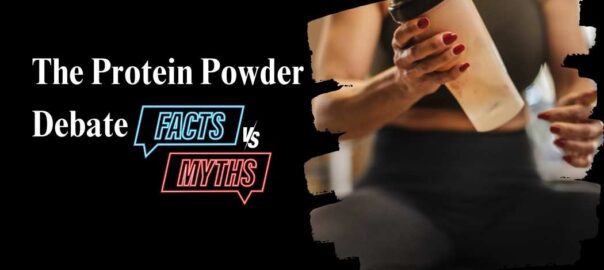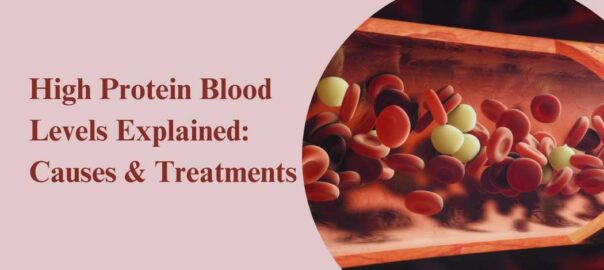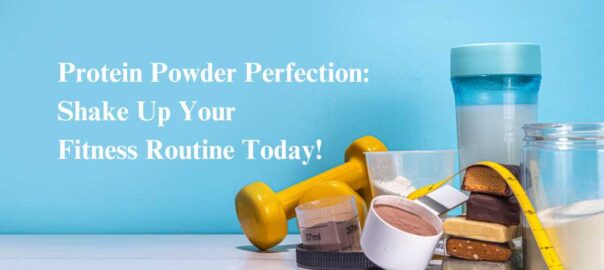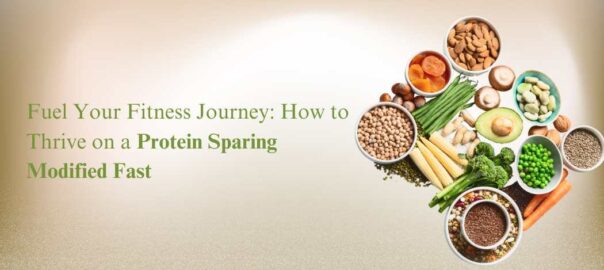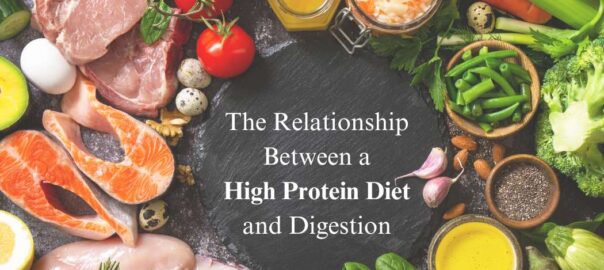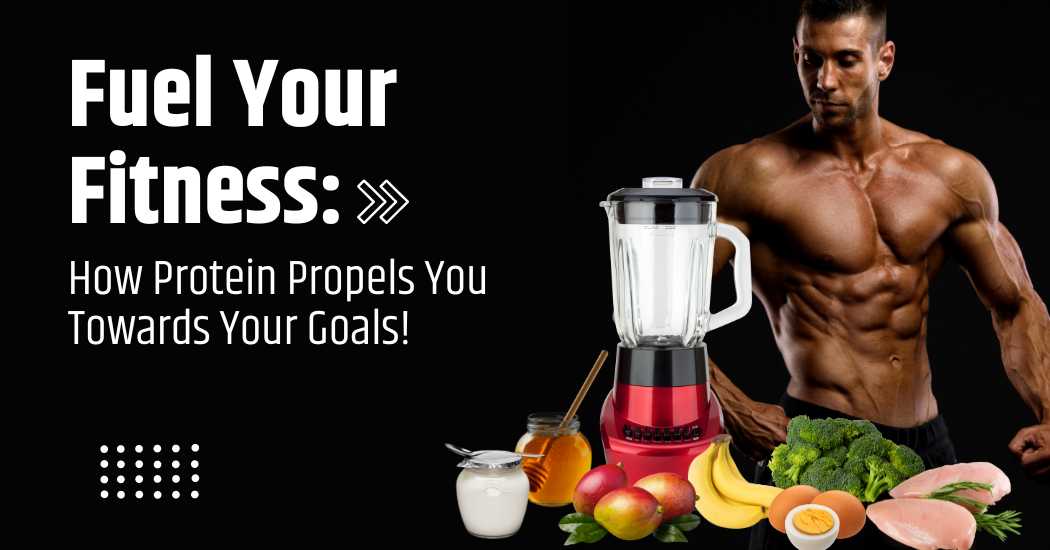
Understanding the Power of Protein
In the pursuit of fitness goals, individuals often navigate through a plethora of nutritional advice, seeking the ideal fuel to drive them forward. Amidst this vast array of options, one nutrient emerges as a pivotal element of success: protein. Let’s delve into the depths of protein’s potency and how it can propel your journey towards optimal fitness.
The Fundamentals of Protein
Protein, a macronutrient comprised of amino acids, is commonly hailed as the fundamental building block of life. These amino acids play vital roles in muscle repair, growth, and the overall maintenance of bodily functions. Unlike fats and carbohydrates, protein isn’t stored in the body, necessitating a daily intake to meet nutritional needs.
Diverse Sources of Protein
When it comes to fueling your fitness journey, choosing the right sources of protein is key. While animal products like meat, poultry, fish, and eggs are rich in protein, there are plenty of plant-based options for vegetarians and vegans.
Animal-Based Protein Sources
- Lean meats such as chicken, turkey, and beef
- Fish and seafood like salmon, tuna, and shrimp
- Eggs, particularly egg whites for a low-fat option
- Dairy products such as Greek yogurt, cottage cheese, and milk
Plant-Based Protein Sources
- Legumes like lentils, chickpeas, and black beans
- Tofu and tempeh, which are soy-based products
- Quinoa, a complete protein source containing all nine essential amino acids
- Nuts and seeds, including almonds, peanuts, chia seeds, and hemp seeds
Protein’s Impact on Muscle Growth
A primary reason for protein’s prominence in the fitness realm is its pivotal role in muscle growth and repair. Engaging in strength training or rigorous physical activities results in microscopic tears in muscle fibers. Consuming protein post-workout provides the requisite amino acids for repairing and rebuilding these fibers, fostering muscle growth and enhanced strength over time.
Emphasizing Timing and Quantity
Optimizing the benefits of protein hinges on strategic timing and appropriate quantity. Consuming protein-rich meals or snacks throughout the day ensures a steady influx of amino acids for muscle repair and growth. Moreover, ingesting protein shortly after exercising can expedite recovery and stimulate muscle protein synthesis.
To maximize the benefits of protein, it’s essential to distribute your intake throughout the day and consume it at strategic times, such as:
- Pre-Workout: Consuming protein before a workout provides your muscles with the necessary amino acids to fuel your training session and prevent muscle breakdown.
- Post-Workout: Replenishing your protein stores immediately after exercise supports muscle recovery and repair, helping you bounce back stronger for your next session.
- Before Bed: Consuming a protein-rich snack before bed can help prevent muscle breakdown overnight and support overnight muscle repair and growth.
Protein’s Role in Weight Management
In addition to facilitating muscle growth, protein plays a significant role in weight management. Protein-rich foods offer greater satiety compared to carbohydrates or fats, helping to curb cravings and promote feelings of fullness. By integrating protein into your meals and snacks, you can support weight loss or maintenance goals while preserving lean muscle mass.
Enhancing Performance through Protein
Whether you’re a seasoned athlete or a casual fitness enthusiast, protein remains essential for optimizing performance. Adequate protein intake fuels energy production, enhances endurance, and facilitates recovery, enabling you to push your limits and attain new milestones in your
Conclusion: Leveraging the Potential of Protein
In conclusion, protein serves as a cornerstone in the pursuit of fitness objectives. From facilitating muscle growth and repair to aiding in weight management and improving performance, the significance of protein cannot be overstated. By prioritizing protein-rich foods and integrating them into your daily regimen, you can empower your fitness journey and propel yourself towards success.
FAQ’s (Frequently Asked Questions)
The recommended daily intake of protein varies depending on factors such as age, gender, activity level, and goals. As a general guideline, aim for around 0.8 to 1 gram of protein per kilogram of body weight.
While protein is essential for health and fitness, excessive consumption can strain the kidneys and may lead to dehydration. It’s important to maintain a balanced diet and avoid overdoing it with protein supplements.
Yes, it’s entirely possible to meet your protein needs on a plant-based diet by including a variety of protein-rich foods such as legumes, tofu, tempeh, nuts, and seeds.
Both timing options have benefits. Consuming protein before a workout can provide energy and support muscle preservation, while consuming it after a workout aids in muscle repair and recovery.
While protein supplements can be convenient, they are not essential for meeting your protein needs. Whole food sources of protein offer a variety of nutrients and are generally preferable.




